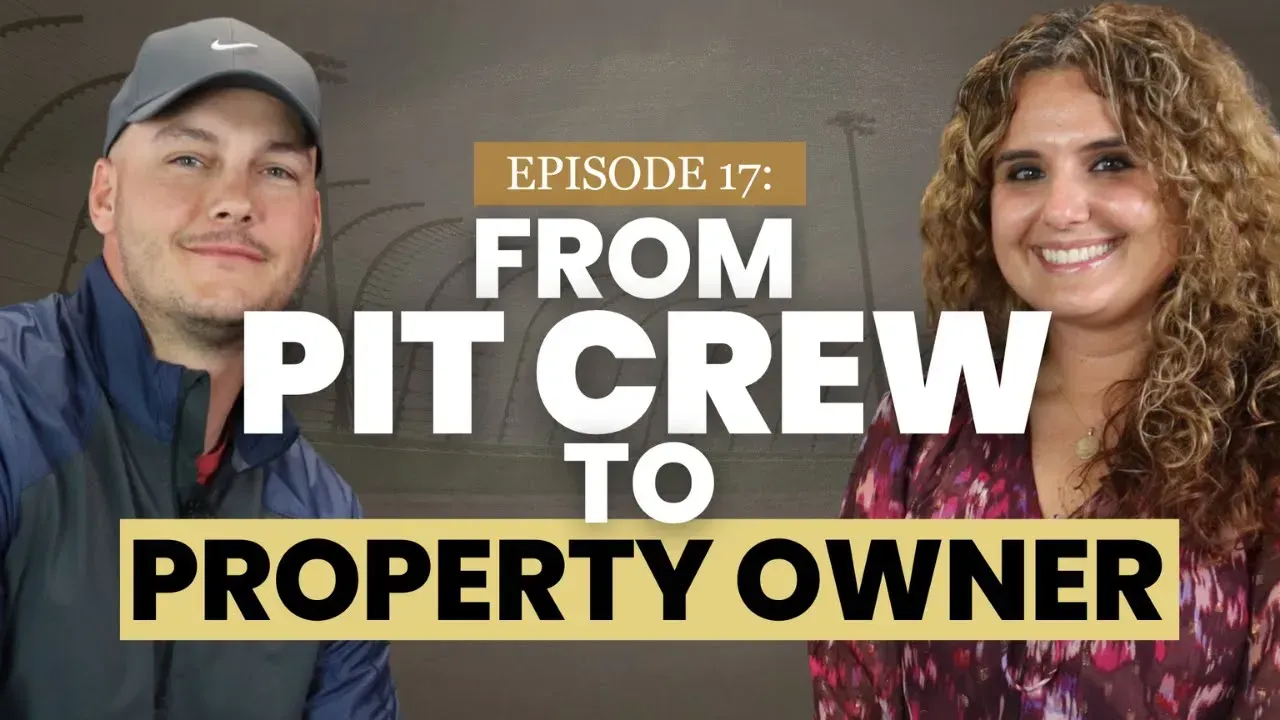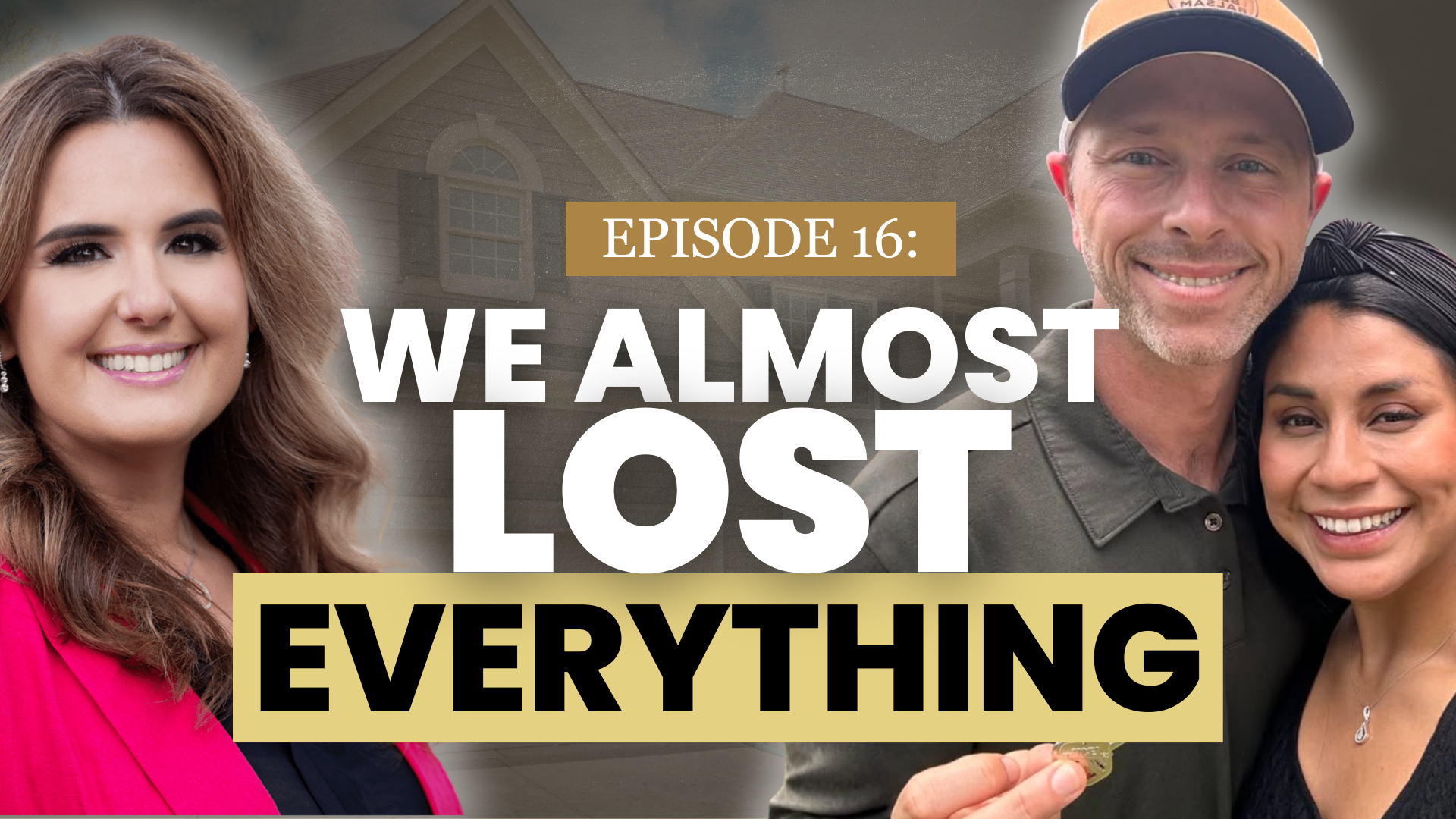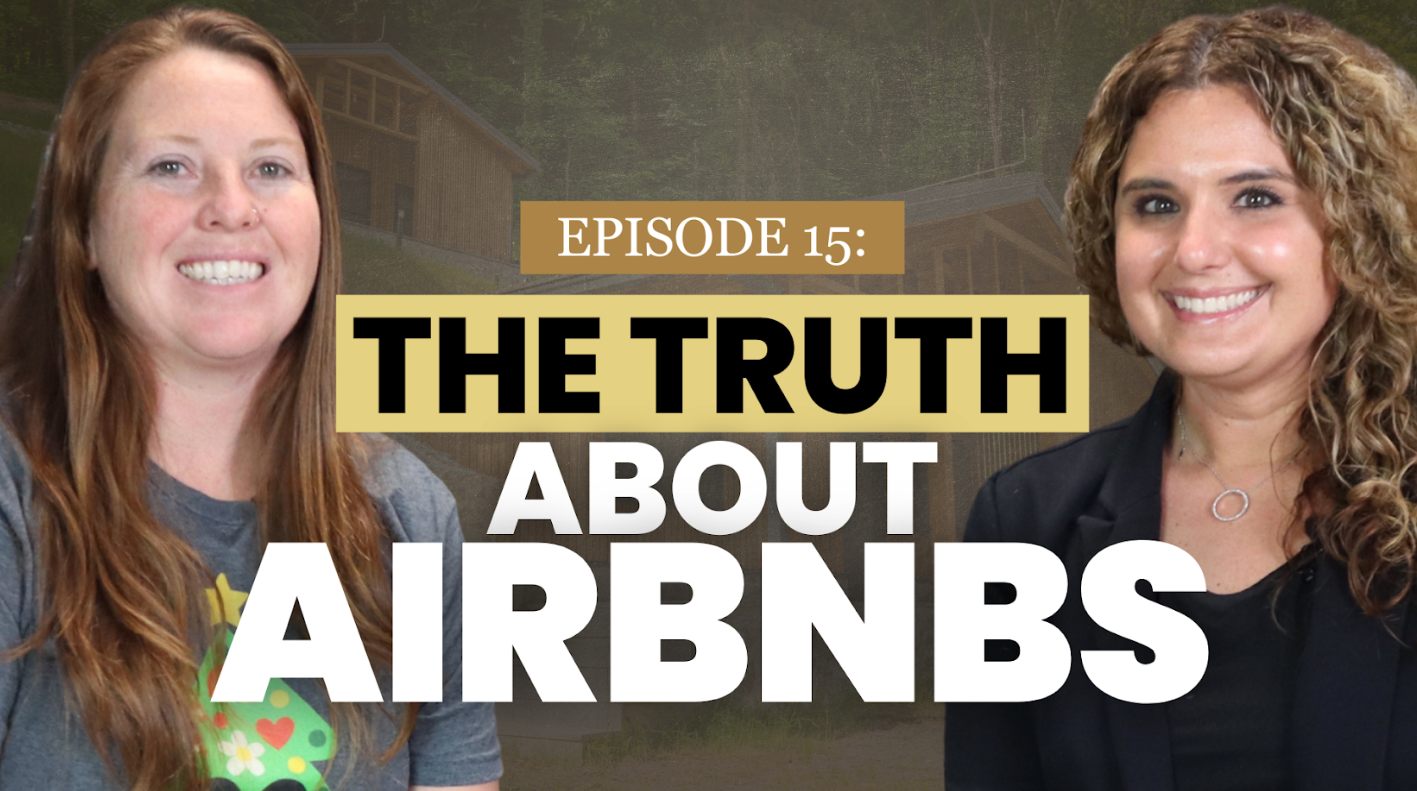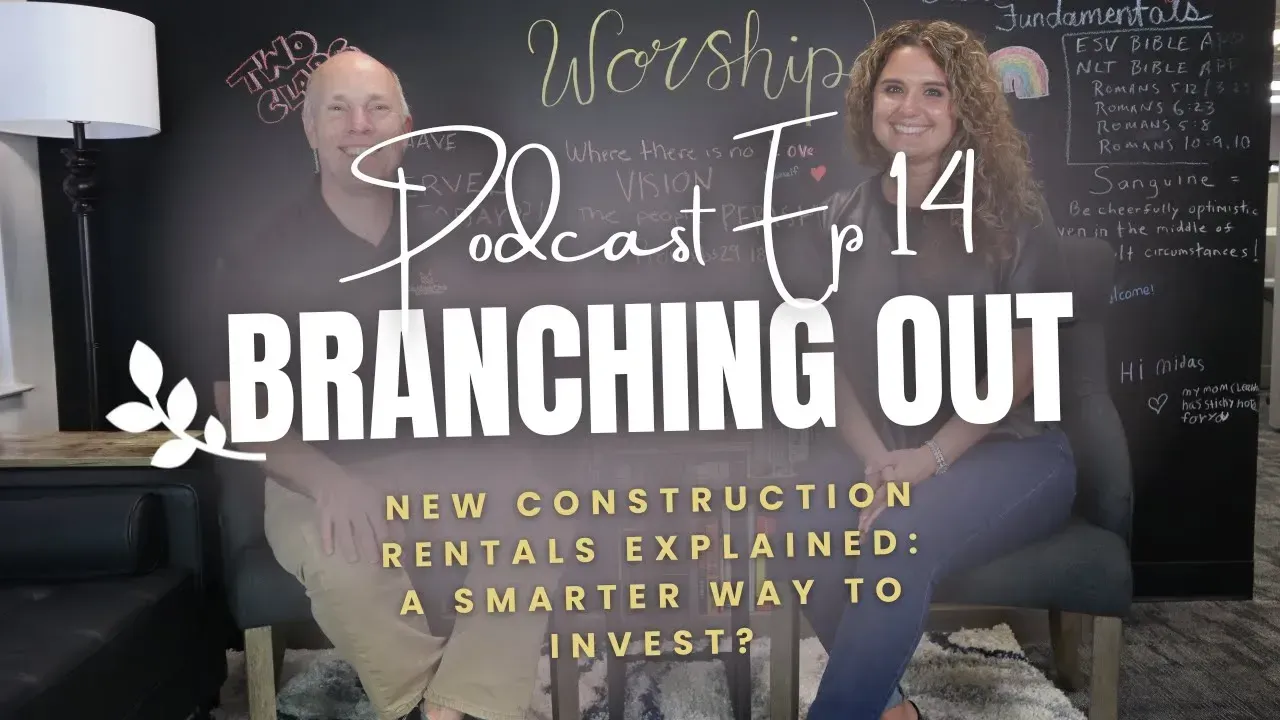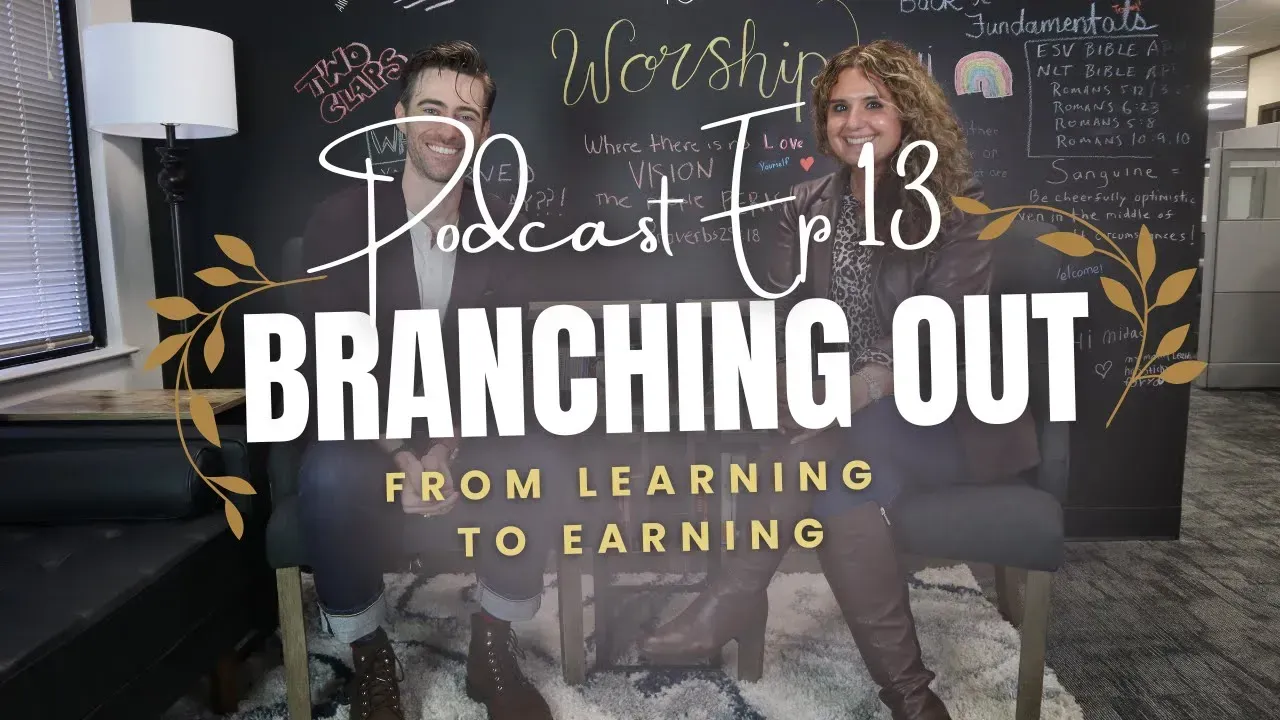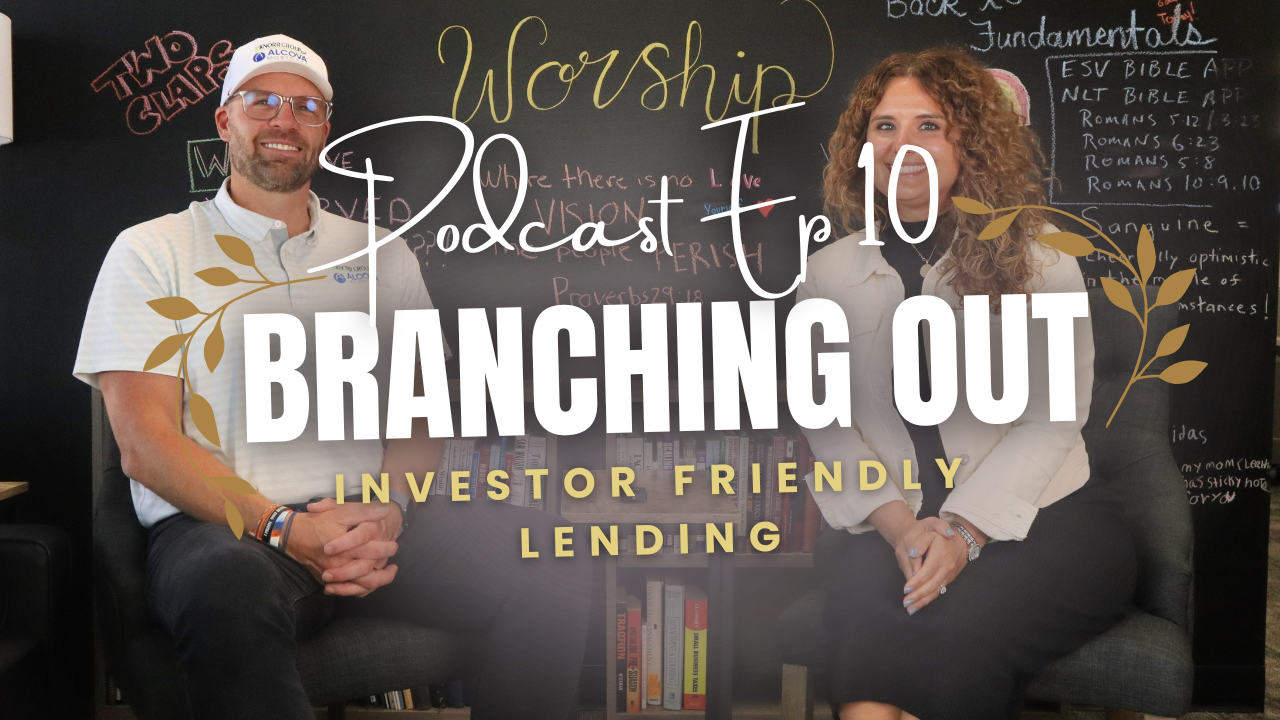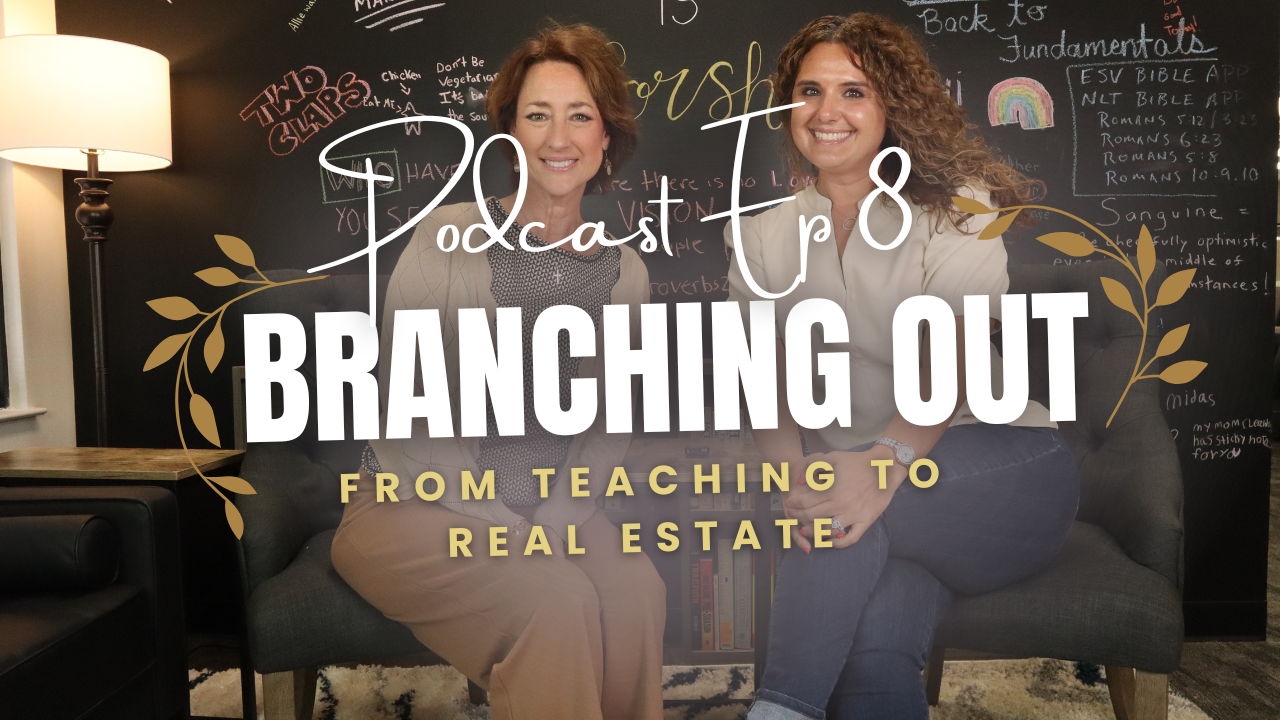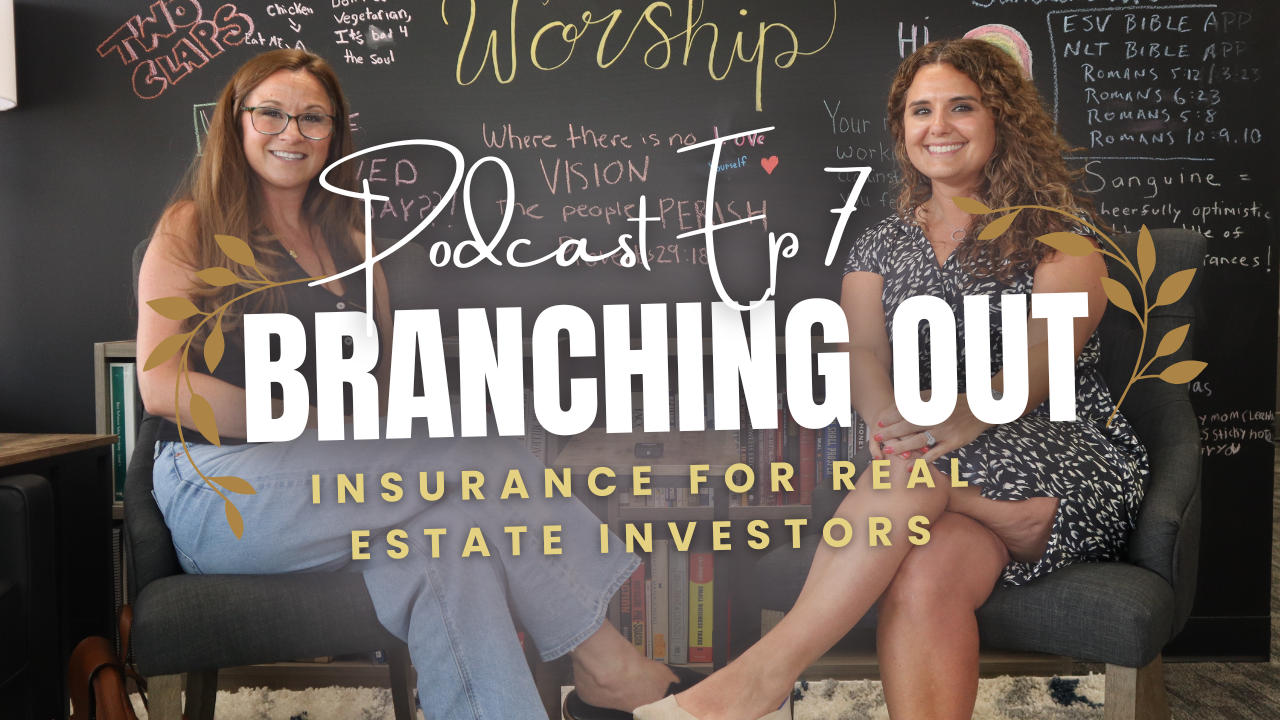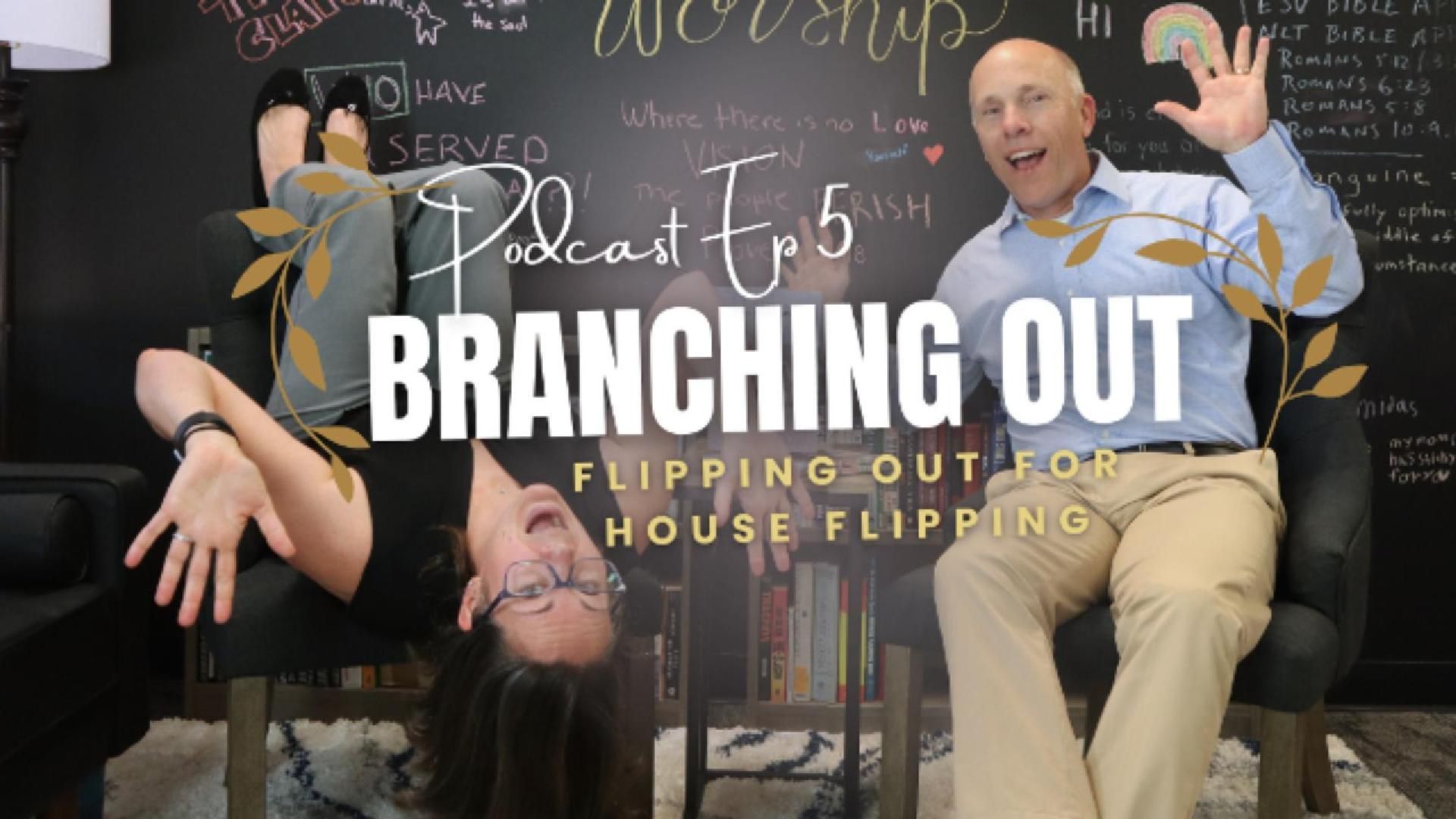Real Estate Closings, Wholesaling, and Title Secrets — with Real Estate Attorney Michelle Wine
The Hidden Heroes of Every Deal: Why Real Estate Attorneys Matter
Lessons from Michelle Wine
On this episode of Branching Out: Where Real Estate Meets Real Life, we sat down with Michelle Wine, real estate attorney with Galbreath Costner, to uncover one of the least talked-about — but most essential — pieces of every transaction: the attorney.
🎥 Watch the full video on YouTube or listen to the podcast
here
New Paragraph
For nearly a decade, Michelle has been helping buyers, sellers, and investors navigate the complex legal side of real estate. Based in Concord, North Carolina, she’s known for her approachable style, practical insight, and passion for protecting her clients’ best interests — even in the messiest deals.
From Trial Law to Titles
Interestingly, Michelle never planned to become a real-estate attorney.
“In law school, real estate law was the boring subject,” she laughed. “I wanted to be a trial attorney — I loved the adrenaline of being in front of a judge.”
After starting her career in criminal defense, she quickly realized that life in the courtroom wasn’t conducive to raising a family. “God opened a door,” she shared, explaining how a mentor in Cornelius took her under her wing and introduced her to the world of real-estate closings.
“She taught me everything — title searches, deeds, the entire process from start to finish. That’s rare. Most attorneys only see one piece of the puzzle, but I learned the whole thing.”
That mentorship shaped her career. Today, Michelle runs a busy practice serving both residential buyers and seasoned investors, ensuring every client walks away protected and informed.
Closings for Investors: What’s Different
While the closing process might look similar on paper, Michelle explained that investor transactions are often more complicated than traditional home purchases.
“With investors, 90% of the time you’re dealing with cash or private lenders — not traditional financing,” she said. “That means fewer regulations, but often more title issues.”
Investors also tend to purchase properties with complicated histories — inherited land, old estates, or distressed homes that have changed hands multiple times.
“There’s a reason a property is selling for dirt cheap,” she laughed. “Those deals usually come with something messy — old liens, missing paperwork, or family members who never signed off properly.”
Her biggest tip for investors? Never skip the title search.
“Even if you’re buying from your aunt, or the property’s been in your family for generations — still do it. You’re not paying for distrust. You’re paying for proof.”
What Really Happens in a Title Search
When asked what a title search actually entails, Michelle explained it in plain English.
“We go back at least 30 years — sometimes further — reviewing every deed, tax record, lien, and legal description to make sure the property is truly free and clear to sell.”
She walked through common issues that pop up, from old mortgages that were never recorded as satisfied to legal descriptions written “to the middle of the river” — only for the river to have moved decades ago.
“You’d be amazed at what we find,” she said. “Sometimes it’s just a typo that can delay a closing by weeks.”
LLCs, Liability, and “Too Many Companies”
For investors juggling multiple properties, the question of ownership structure always comes up: Should I buy under an LLC?
Michelle’s answer: Yes — but be smart about it.
“You want the LLC to take the liability, not you personally,” she said. “But if you start creating multiple LLCs for every property, a judge can claim you’re trying to hide liability and ‘break the corporate veil.’”
In short: one well-managed LLC is usually better than ten poorly maintained ones.
“It’s better for your taxes, your bookkeeping, and your sanity,” she added. “And if you’re just doing one flip or one rental — you might not need an LLC at all. Talk to your CPA first.”
The Truth About Wholesaling, Seller Financing, and Subject-To Deals
Michelle didn’t hold back when it came to the gray areas of investing.
On wholesaling, she was clear:
“I do them, but only the right way. Everyone involved needs to know what’s going on. No blind closings, no hiding assignment fees. The seller should see everything.”
On subject-to deals, she was even more direct:
“I won’t do them. I’ve seen too many families hurt when someone promises to catch up a mortgage and doesn’t. There’s too much risk, too much room for people to get burned.”
She emphasized the importance of integrity and transparency — two qualities that make or break an investor’s reputation (and an attorney’s willingness to work with them).
Multi-Property Deals: When “Bulk” Becomes a Burden
Many investors assume putting multiple properties on one contract saves time and money — but Michelle says that’s often not the case.
“It might look simpler, but you’re actually making it harder,” she said. “Each property has its own title, tax records, and legal description. When you lump everything together, it creates confusion and potential errors.”
Her rule of thumb:
• Same seller, same county → okay to bundle.
• Different owners or counties → separate contracts.
“Don’t be afraid of extra paperwork,” she smiled. “It’s a lot cheaper than fixing a bad deal.”
The Faith Factor
Like many guests on Branching Out, Michelle credits her career and perspective to faith.
“Every time I thought I was stuck, God opened a new door,” she shared. “That’s how I ended up here — helping people protect what’s often their biggest investment.”
Her heart for mentorship and service shines through every part of her story — from her early career to how she approaches client relationships today.
5-Minute Fast Fire with Michelle Wine
To wrap things up, Christina put Michelle on the spot with The Fast Five — five questions, one minute each.
Q: What’s your most asked question as a closing attorney?
- “At the closing table, it’s always ‘When’s my first payment?’” she laughed. “But before closing, it’s ‘Why does my spouse have to sign?’”
Q: What’s the biggest misconception people have about real-estate attorneys?
- “That we don’t do anything! People think we just show up and sign papers. In reality, we’ve already done hours of research, title work, and problem-solving before you even see us.”
Q: What’s your most memorable closing?
- “A buyer and an agent started yelling and cussing at each other across the table — I thought they were going to fight! I was brand new and just sat there frozen thinking, ‘Oh my goodness, what do I do?’”
Q: What’s your number-one piece of advice for investors?
- “If it seems too good to be true, it probably is. Call an attorney early. We can tell you in ten minutes if a deal’s worth chasing.”
Q: How can investors make the process smoother for everyone?
- “Be upfront. The best investors I work with give me everything at the start — contracts, communication, introductions. Everyone knows who’s who, and the deal runs smoothly.”
How to Connect with Michelle
If you’d like to work with Michelle Wine or have questions about your next real-estate transaction, you can find her at:
🏢 Galbreath Costner Attorneys at Law
180 Church Street NE, Concord, NC 28025
📞 Phone: (704) 945-6993
📧 Website: GalbreathCostner.com
Galbreath Costner handles residential and commercial closings, estate planning, corporate formation (LLCs and S-Corps), and more across the Carolinas.
Closing Thoughts
Michelle summed it up perfectly:
“Even the simplest real-estate deal can get complicated. It’s not about distrust — it’s about proof.”
In an industry built on contracts, deadlines, and trust, attorneys like Michelle are the unsung protectors who make sure every “deal of a lifetime” actually holds up over time.
👉 Want to learn more about the professionals behind every real-estate deal?
Subscribe to Branching Out: Where Real Estate Meets Real Life on YouTube or visit branchwealthpartners.com for upcoming workshops, mentorship, and resources for investors. 💡


